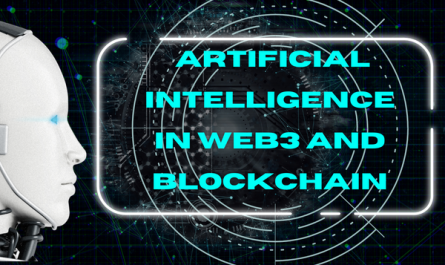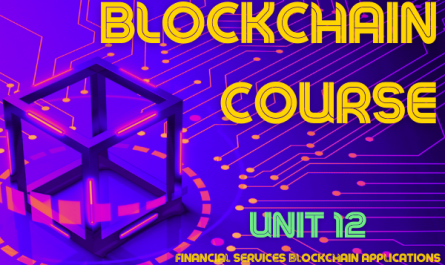Blockchain has the potential to transform the way we conduct business and interact with each other. Its decentralized nature allows for greater transparency and security in transactions, and the ability to directly verify and record them on the blockchain eliminates the need for intermediaries. This can reduce fees and increase the speed of transactions, making it a more efficient and cost-effective solution. However, scalability and regulation remain challenges that need to be addressed in order for blockchain to reach its full potential. As the technology continues to evolve and mature, it will be exciting to see the impact it has on society and the way we conduct business.

Table of Contents
What is Blockchain?
Blockchain is a decentralized, digital ledger that records transactions on multiple computers. It was first introduced in 2009 as the technology behind the cryptocurrency, Bitcoin. Since then, it has evolved to have a wide range of potential applications beyond just digital currencies.
How Does it Work?
A blockchain consists of a series of blocks that are linked together in a chronological chain. Each block contains a record of multiple transactions, and once a block is added to the chain, it cannot be altered. This makes the blockchain secure and transparent, as the record of transactions is publicly available and verifiable.
The Potential of Blockchain
Blockchain technology has the potential to revolutionize a wide range of industries, including finance, supply chain management, voting systems, and even healthcare.
In finance, blockchain can potentially eliminate the need for intermediaries such as banks and financial institutions, as transactions can be directly verified and recorded on the blockchain. This can reduce fees and increase the speed of transactions.
In supply chain management, blockchain can increase transparency and traceability by recording the movement of goods through the supply chain. This can help prevent fraud and improve efficiency.
In voting systems, blockchain can increase the security and integrity of elections by providing a tamper-proof record of votes.
In healthcare, blockchain can improve patient privacy and security by allowing patients to control access to their medical records, while also providing a secure and efficient way for healthcare providers to share and access patient information.

Challenges and Limitations
While blockchain has the potential to bring about significant positive change, it is not without its challenges and limitations. One of the main challenges is the issue of scalability. As more people and organizations adopt blockchain technology, the number of transactions on the blockchain will increase, which could potentially lead to slower transaction speeds and higher fees.
Another challenge is the lack of regulation and standardization. As blockchain technology is still relatively new, there is a lack of consensus on how it should be regulated and standardized. This can create uncertainty and hinder its widespread adoption.
Conclusion
Blockchain technology has the potential to revolutionize a wide range of industries and bring about significant positive change. However, it is important to be aware of its challenges and limitations, and work towards finding solutions to overcome them. As blockchain technology continues to evolve and mature, it will be interesting to see the impact it has on society and the way we conduct business.




